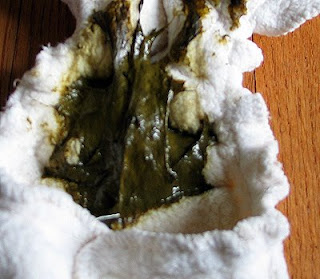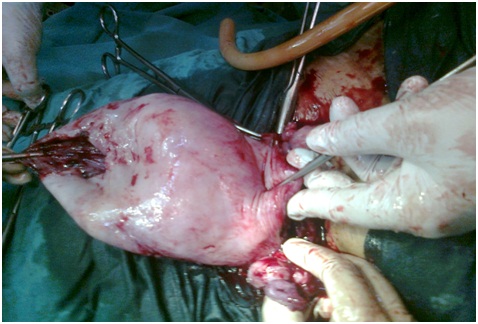

You will be asked questions about when it happened and if you are still leaking fluid. If you think your water has broken you should call your provider. Frequent urination and leaking urine can also be a sign of a bladder infection and should be discussed with your provider. This can be very confusing to most women as they don’t typically leak urine. But it can also lead to leaking small amounts of urine out of your bladder with certain activities or position changes. The heavy uterus and baby lay right on your bladder, which contributes to having to urinate all the time in pregnancy. Many pregnant women find they leak urine. If there is concern for an infection you must have this evaluated by your provider.Īlso, let’s not forget the bladder. These often cause an increase in discharge but are usually accompanied by other symptoms such as burning, irritation or odor. Pregnant women can get yeast or bacterial infections any time in pregnancy. Some women are prone to vaginal infections that can act very similarly to leaking fluid. Unfortunately it does not predict how soon after you will go into labor. This can happen all at once, or in small amounts over the course of weeks. When the cervix begins to dilate, the plug is pushed into the vagina. This is often called your mucous plug or “show” it is mucous that has accumulated normally at the cervix during pregnancy. Some women will notice thicker discharge that reminds them of mucous from the nose. This can happen several days before labor begins or at the onset of labor. This increased discharge can be clear, pink or slightly bloody. Almost every woman develops a change in vaginal discharge in pregnancy. Very early rupture of membranes can lead to many complications and makes your pregnancy a high risk one, so it is important to tell your provider as soon as possible if you think that your water has broken.Īmniotic fluid isn’t the only thing that can cause that funny leaky feeling in pregnancy. It can even happen early in the pregnancy when the baby is very premature.

It can happen during contractions or with no pain involved. This can happen as a slow trickle or a large gush. This is known as rupture of membranes (ROM). When your “water breaks” it is actually the membrane that ruptures causing the release of fluid out of your uterus though the cervix. There is a thick membrane that holds the amniotic fluid inside the uterus. He/she is cocooned in a warm water balloon of fluid that is safely confined in your uterus. Your baby is surrounded by amniotic fluid. Typically there are many other symptoms that happen prior to that. In fact, fewer than 15 percent of women go into labor with their water breaking first. Then, as if on cue, her contraction pains start immediately and she is in full-blown labor by the time the car screeches to a stop in front of the hospital.ĭon’t get your hopes up, ladies, as this isn’t usually the case. And then, without any warning, you hear the characteristic splash! A rush of clean, clear water has flooded her expensive shoes right in the middle of the street, restaurant or church. A very pregnant woman flawlessly dressed with perfect hair and makeup walks into the room.


 0 kommentar(er)
0 kommentar(er)
